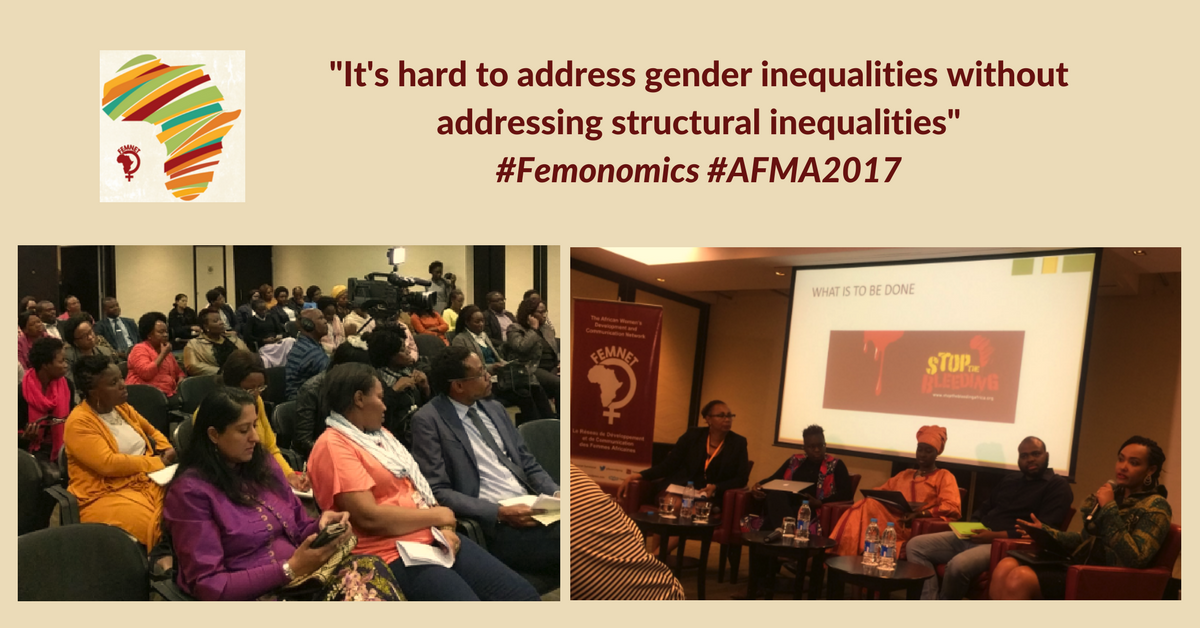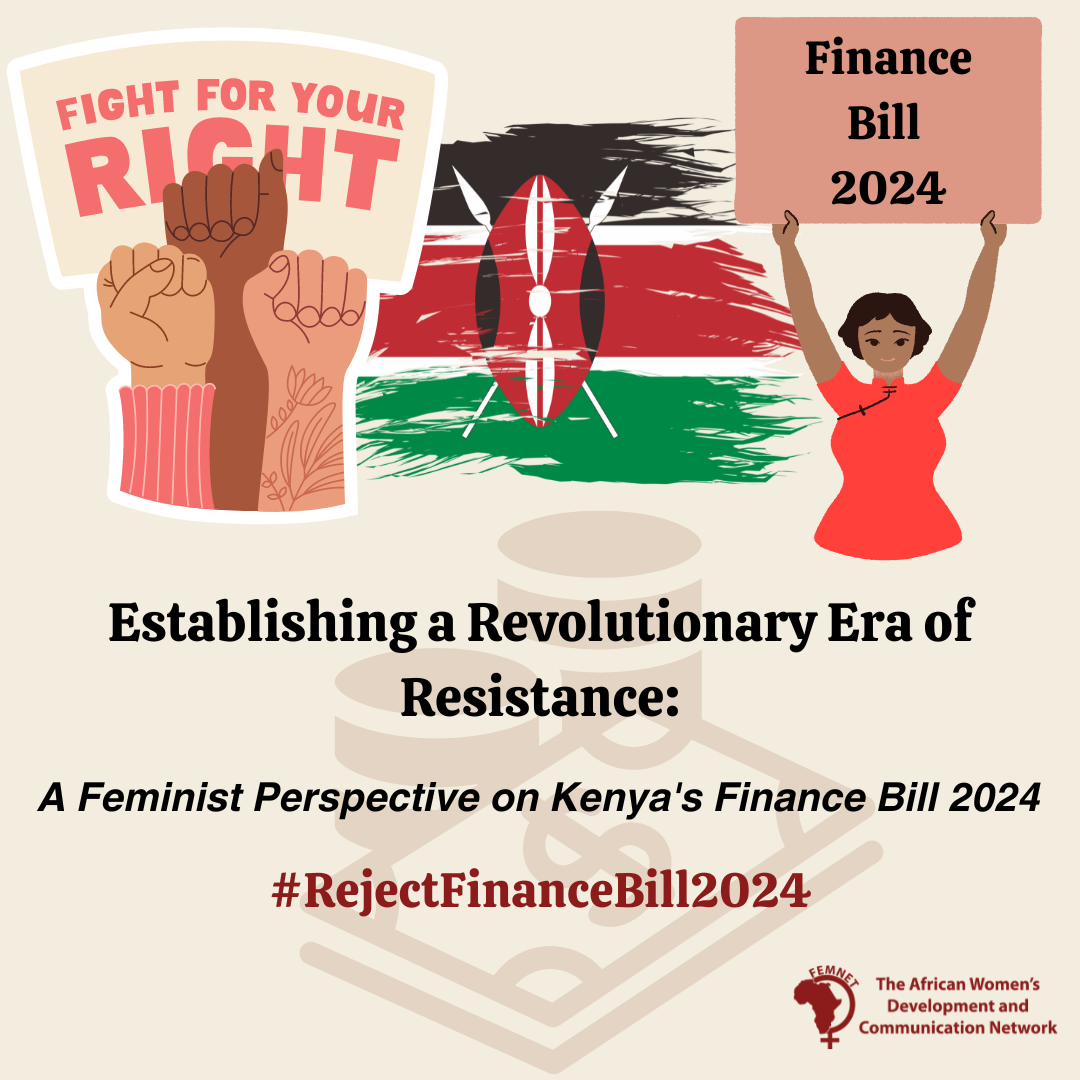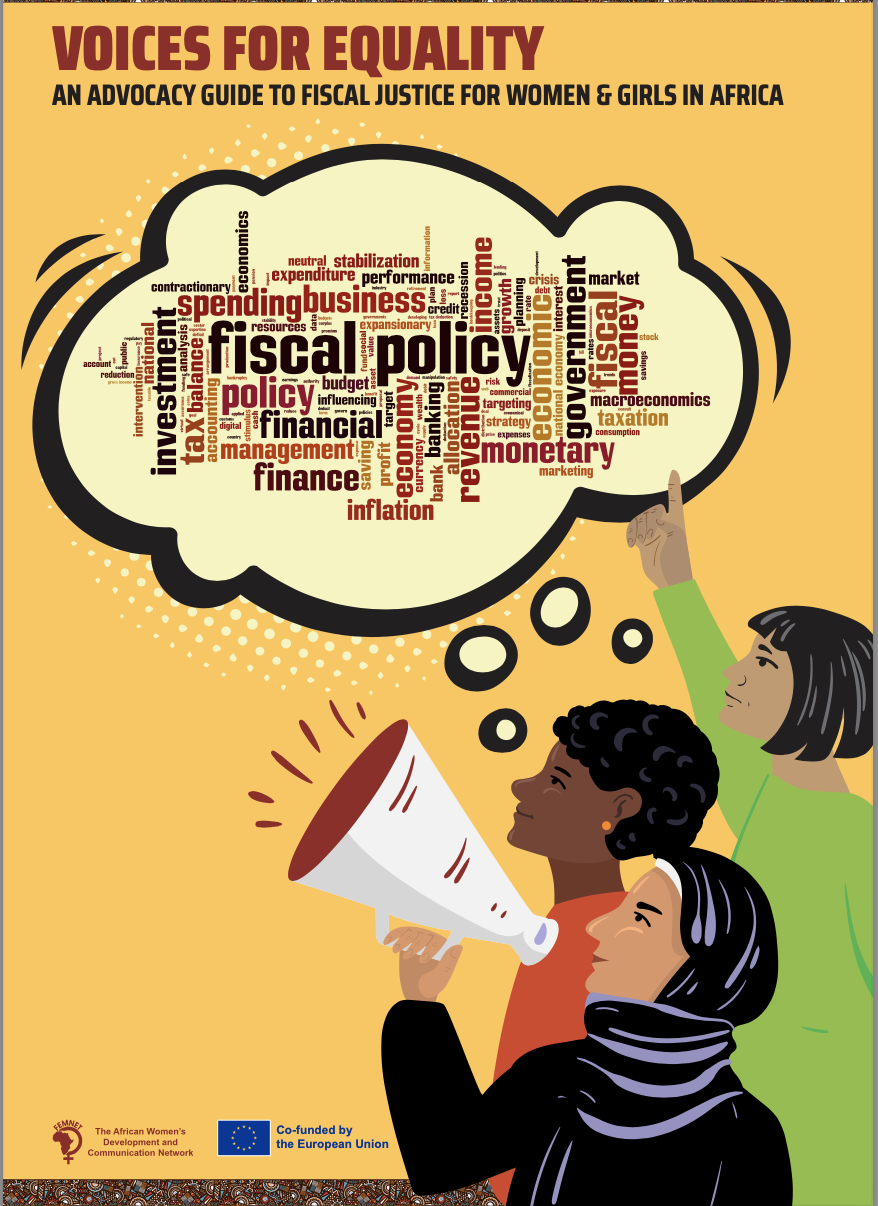
Infuse a specific focus on the gendered dynamics of Micro and Macroeconomic Policies for Africa
An open letter to the UN Special Rapporteur on the Right to Development – Mr. Saad Alfarargi
African women congratulate you on your new appointment as the UN Special Rapportuer on the Rights to Development.
The African Women’s Development and Communication Network (FEMNET) convened over 30 African women’s rights organization representatives from 11 Eastern and Southern African countries in Johannesburg, South Africa between the 9th and 13th of October 2017 for the first African Feminist Macroeconomics Academy (AFMA). The objective of AFMA is to continuously enhance the capacity of women activists to influence macroeconomic policy processes and outcomes.
Recognising that African economies have grown progressively over the last decades and now rank among the fastest growing economies of the world, it is noted that not all segments of the African population has benefited from this growth as inequality seems to grow in tandem with economic growth. Gender inequality alongside income inequality remains highest on the list of outcomes of Africa’s economic growth.
Women are half the world and therefore intrinsically constitute half of the development agenda. However, the current development narrative does not sufficiently address the macro- and micro dimensions of; domestic, regional continental and global; domestic and cross-border economies.
The Declaration to the Right to Development recognises that rights require resources and therefore the economy and gender becomes a cornerstone of your mandate. As group of diverse African feminists with a passion of transforming economies from a gender perspective; we, the members of the African Feminist Macroeconomic Academy (AFMA 2017);
- Urge you to facilitate the development of a human rights approach to macro and micro economic, trade and fiscal policy under mandate under resolution 33/14 while being cognisant of the rights and needs of women.
- Urge you to initiate an inclusive global dialogue on debt and debt cancellation with clear and directive recommendations in your reporting for the progression of the agenda of your mandate.
- Call on you to assist in the development of a systematic monitoring system that enables Member States to report on participatory processes on domestic, regional, continental and global budgeting and debt processes including those of international institutions.
- We call on you to urge, in line with the mandate in section (a) of resolution 33/14, to effectively engage with AU and UN Member States, as well as other regional and international institutions, to implement and support the implementation of the recommendations of the AU/ECA High Level Panel Report on Illicit Financial Flows from Africa with a gendered lens.
- We urge you to call upon the Consortium on the Implementation of the Recommendations of the AU/ECA High Level Panel Report to effectively and substantively engage and include women and Women’s Rights Organisations in the Consortium and in the entire implementation of its work.
- We urge you to support the calls on all states, including African Member States, to strengthen institutions in charge of revenue, with special attention to the need to close loopholes which facilitate illicit financial flows (IFFs) and current domestic tax collection models which continue to systematically and structurally perpetuate inequality and negative impact on those living in poverty.
- We urge you to initiate and release global, continental, regional and domestic reports and studies on the impact of debt and IFFs on women and historically marginalized groups impacted by poverty and inequalities.
- Cognisant of the key role played by domestic tax systems to support and deliver on the right to development, we urge you to engage and support Member States and the relevant regional and international bodies in their efforts to institute and reform their domestic tax systems for effective, progressive and gender-responsive development.
- We call on you to urge State Parties to put in place systems for debt and budget transparency and monitoring including support for the creation of a United Nations regulatory tax body and framework on curbing illicit financial flows including but not limited to regulation of accounting firms, Credit Ratings Organisations that allows citizens, particularly women, to engage in key decisions that affect them.
- We urge you to voice development concerns within the discussions on the draft Legally Binding Instrument on Transnational Corporations and other Business Enterprises with Respect to Human Rights (HRC Res A./HRC/RES/26/9)
- We urge you to put pressure on African governments to ensure fair and transparent fiscal policies which ensure more funding is mobilised from national resources including, but not limited to extractives industries, agriculture, tourism, and conservation, be devoted to respond to priorities especially for women, such as essential services delivering on the rights of women and citizens.
- Urge UN Member States to initiate and implement country-by-country reporting obligations for Transnational Corporations (TNCs) to publicly disclose profits made, as part of annual reports, and taxes paid for each country within which they operate.
- Urge UN Member States to ensure the respect, protection and an enabling environment free from violence, in accordance with international human rights standards, for women human rights defenders working to defend territories and natural resources particularly in the extractives industry.
- Urge the international institutions and other governments globally to respect the policy positions of developing countries specifically the African Member States in fiscal and economic discourse for development.
For more information, please contact:
Crystal Simeoni, Head of Advocacy, FEMNET
advocacy@femnet.or.ke
www.femnet.org
#Femonomics
Related Tags
Related Posts
Establishing a Revolutionary Era of Resistance: A Feminist Perspective on Kenya’s Finance Bill 2024
On June 20, 2024, citizens of Kenya from all regions of the country participated in a second round
Learn MoreVoices For Equality – An Advocacy Guide To Fiscal Justice For Women and Girls in Africa
The language of fiscal policy might often feel like navigating a highway of technical jargon. However, beneath the
Learn More

